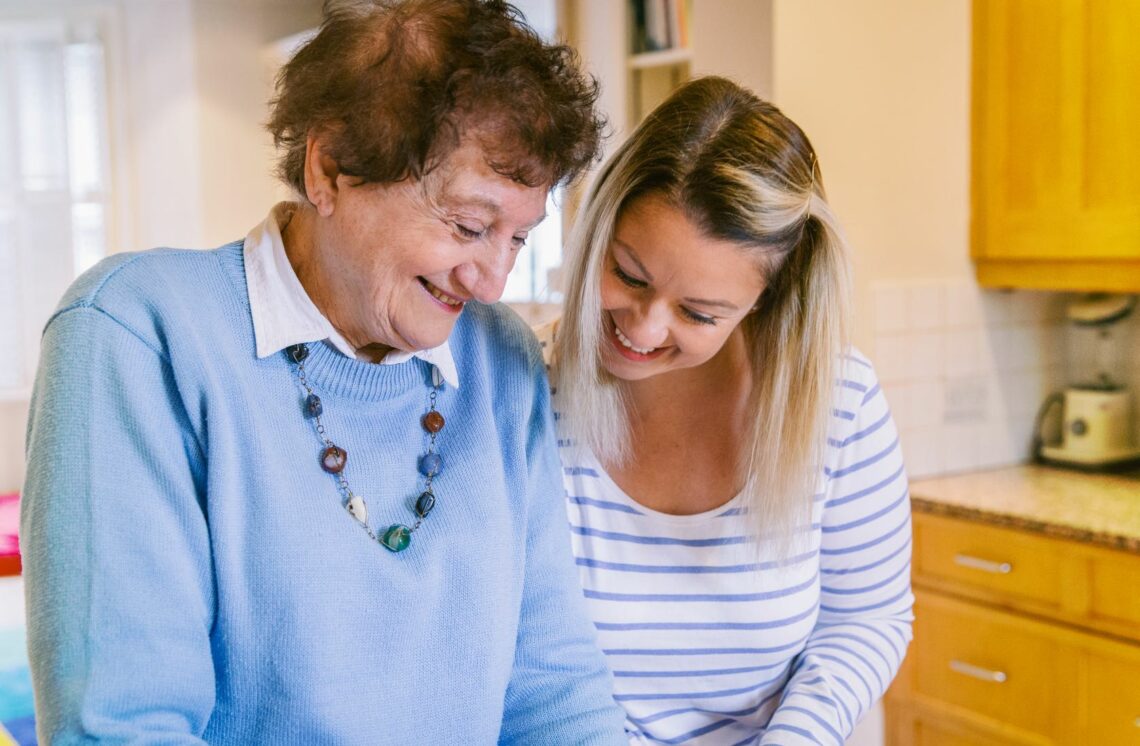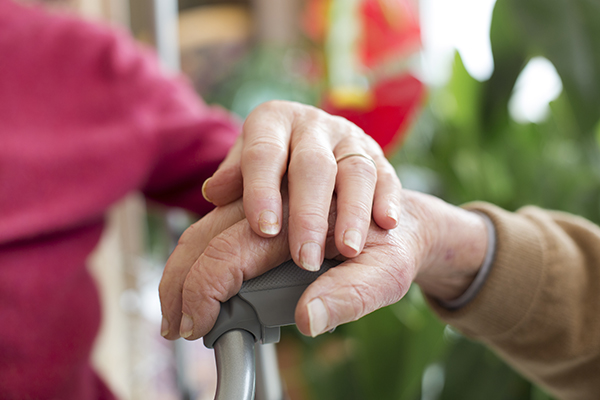Articles related to
Choosing a Carer
What qualifications should carers have?
There are many things to consider when you are placing someone you love in the care of another person. Carers come from different backgrounds and have different levels of training, experience and qualifications. It can be reassuring to see letters…
Changes in Behaviour that Require Specialist Live in Care
Self-neglect, accidents around the house, trouble keeping up with medications, and withdrawal and isolation could all be indicators that your loved one needs specialist live in care. Changes in behaviour that require specialist live in care When someone starts to develop dementia, their deterioration in function can be gradual. Too often, mishaps, memory lapses and near-misses can be explained away as natural and normal effects of ageing, but there can come a time when it is no longer safe to live alone. So, when you start to notice these signs in excess, it could be a time to find a specialist live in care. So how can you tell when someone you love needs live-in care? You may have known and relied on your loved one for many years, so the idea that they could be unsafe living alone can be difficult to contemplate. However, the increasing memory loss and…
How Do I Find The Best Private Carer?
The best way to find a private carer is to work out your needs, be honest about what’s involved, know your budget, and be clear about the carer’s responsibilities. How do I find the best private carer? Finding the right…
Would you like to know more about Hometouch's high quality live-in care service?

Night time care or overnight care
Night time care, or overnight care, is care given to a loved one throughout the night. This often involves help using the bathroom, prevention from wandering caused by dementia, and keeping a loved one settled during the night when they might…
Speak to one of our knowledgeable care advisers about Hometouch’s high quality live-in care service

The Advantages of Male Carers
We still have deeply entrenched ideas about who provides care, but male carers can provide physical strength, as well as gentility, patience, and understanding in a caregiving role. Speak to one of our knowledgeable care advisers about Hometouch’s high quality…

Choosing A Full Time Live-in Carer?
Choosing a full time live-in carer can be very stressful, especially if your love one has special requirements. HomeTouch can help you to make the right choice. Why Choose live-in care? If your loved one is struggling to manage on…
How To Care For Someone With Multiple Sclerosis
If you’re caring for someone with multiple sclerosis, you will need to help with movement and mobility, frequency, and pain relief. How to care for someone with multiple sclerosis Caring for someone with multiple sclerosis can be demanding physically, mentally and emotionally. However, with support you can meet the challenges and help your loved one manage the stress and symptoms of the disease. A diagnosis of multiple sclerosis (MS) can be devastating for the individual and frightening for family and friends. The disease can be unpredictable, so it can be difficult to predict care needs. Your loved one may have dramatic mood swings and may become depressed as they grieve for the life they had planned or anxious about an uncertain future. With a little help and guidance, you can support your loved one and help them adjust to the physical and emotional challenges ahead. Movement and mobility Weakness, muscle…

Breaking down Elderly Care Options
Elderly care options include day centres, home care, residential care, and care homes. These terms can sound similar, but the choices are diverse. Breaking down Elderly Care Options The care options for looking after an elderly parent can seem confusing, and…

Social Services Carer’s Assessment
If you care for someone who needs your support and help to carry out everyday tasks, your local authority can assess your needs so that you get the rest and respite you need to maintain your own health and wellbeing.…

Private Home Care
Getting help at home can allow your loved one to live safely in their own home for longer. With the right support and assistance, through live in care specialists, they can maintain their wellbeing, their independence and their dignity. Private…
Apply for live-in care jobs
Hometouch has been one of the best companies I have worked for in the care sector! I have always been told I’m appreciated and been made to feel like it too. I’m so happy to be a part of the Hometouch team
Shaheen

£750 - £900 per week. Double bank holiday pay
You choose your own clients
Clinical support
Free training, webinars and supervision